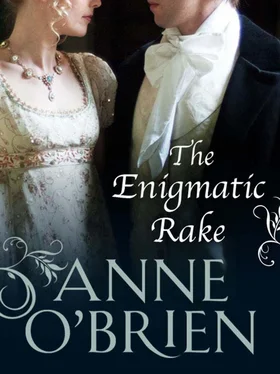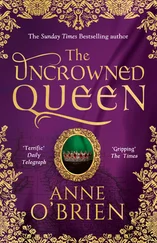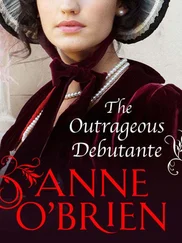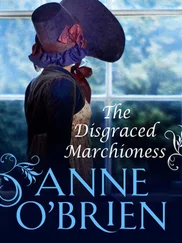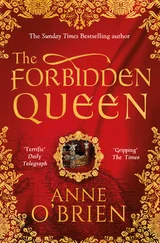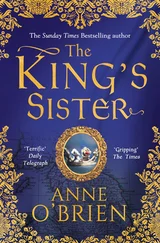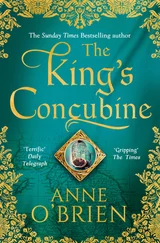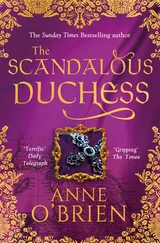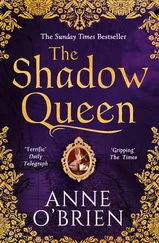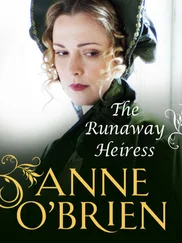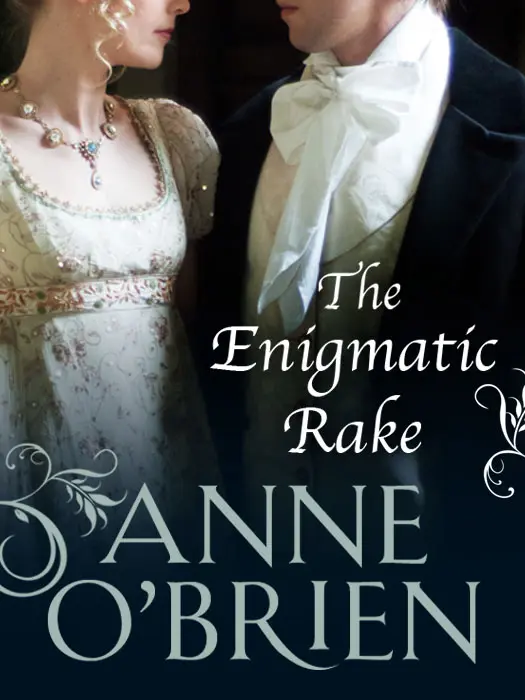
Sarah put pen to paper to write in her careful flowing script.
Why I should not even contemplate marriage to Lord Faringdon
1. It would be accepting an offer of charity .
2. He has an undesirable reputation as a rake. It would not be a respectable marriage .
3. What is Lord Faringdon’s reason for his proposal?
4. I have nothing of my own to bring to this marriage .
5. He does not love me .
These were very strong arguments, Sarah was forced to agree. So she would refuse Lord Faringdon’s kind but inexplicable offer. Which decision caused her to pick up her ill-treated pen once more and a clean sheet of paper.
Why I should accept the offer and become Lady Joshua Faringdon
1. Security .
2. Beth—I would enjoy a daughter .
3. I can renew my friendship with Judith and Simon .
Then Sarah pursed her lips. She had said she would only marry again for love. For nothing less. With a sharp inhalation she rubbed ink from her fingers. Then, before she could change her mind, she wrote:
4. I love him .
Dear Reader
How much I have enjoyed in the past year, unfolding the fates of Henry and Nicholas Faringdon in the first two volumes of The Faringdon Scandals! Faced with a malicious plot that could so easily have destroyed the honour and good name of their family, they were both able to fight their personal battles against scandal and prejudice, against bitter memories from the past. In so doing, Henry was reunited with Eleanor, whilst Nicholas was forced to acknowledge his love for Theodora. A most satisfying outcome.
But it seemed to me highly unsatisfactory that the only player in the game to remain alone, with a heavy burden of guilt and little self-respect, was Sarah Russell, Theodora’s estranged sister. How could I leave Sarah unfulfilled and alone, tormented by memories of her own part in the plot to disgrace Eleanor? So, of course, I was driven to write a third volume, to give Sarah her own story, bringing her to her own fulfilment. And how convenient to have had a Faringdon cousin, Lord Joshua, the enigmatic rake of the title, with his own shadowy and tragic past, his dishonourable reputation. I thought that it would be possible for Joshua, in taking it upon himself to destroy Sarah’s guilt and crippling reticence, to find a path through the maze of deceit and lies in his own life, to bring solace and healing to them both, and a recognition of the unspoken emotions that grew in both his heart and hers.
The story of Joshua and Sarah in The Enigmatic Rake allowed me to weave together the final threads of this fascinating Faringdon family. I hope that you will enjoy being part of their journey as much as I was delighted to create it.

ANNE O’BRIENwas born and has lived for most of her life in Yorkshire. There she taught history, before deciding to fulfil a lifetime ambition to write romantic historical fiction. She won a number of short story competitions until published for the first time by Harlequin Mills & Boon ®. As well as writing, she finds time to enjoy gardening, cooking and watercolour painting. She now lives with her husband in an eighteenth-century cottage in the depths of the Welsh Marches.
Recent titles by the same author:
RUNAWAY HEIRESS
PURITAN BRIDE
MARRIAGE UNDER SIEGE
and in The Faringdon Scandals:
THE DISGRACED MARCHIONESS
THE OUTRAGEOUS DEBUTANTE
The Enigmatic Rake
Anne O’Brien

www.millsandboon.co.uk
Before you start reading, why not sign up?
Thank you for downloading this Mills & Boon book. If you want to hear about exclusive discounts, special offers and competitions, sign up to our email newsletter today!
SIGN ME UP!
Or simply visit
signup.millsandboon.co.uk
Mills & Boon emails are completely free to receive and you can unsubscribe at any time via the link in any email we send you.
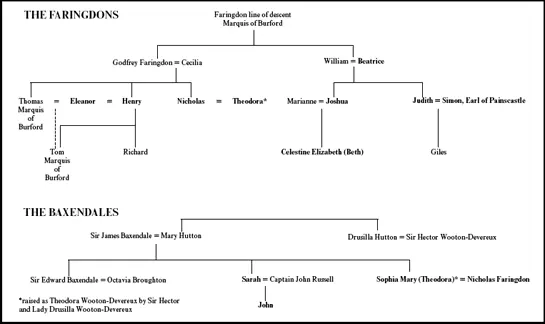
Autumn 1819—Paris
This wing of the vast house was silent, the windows and the rooms behind them unlit with curtains securely drawn, the garden beyond dark and shadowed. Sounds of distant merriment drifted on the mild air, of music, laughter, the hum of a large gathering, but here there was nothing to disturb the midnight stillness. With its towers and turrets, gravelled drive and formal gardens, it was a formidable château on the very edge of Paris, the home of the Comte and Comtesse de Charleroi, where a celebration was being hosted for the forthcoming marriage of the heir. An event of notable interest and comment to the blue and noble blood of the Parisian beau monde . But here on a stone-flagged terrace of the west wing, overlooking a rigidly ornamental parterre, the felicitous event played no part in anyone’s mind.
The terrace was not as deserted as it might first appear. A dark figure merged into the inky shadow of the house where the twisted stem of a wisteria hugged, then overhung the wall to give protection. Beyond the fact that it was a man, tall and broad-shouldered, a solid outline, no other detail could be ascertained. Dark clothes allowed him to blend with the background and he was careful to keep the pale skin of hands and face from attracting any stray glimmer from a fitful moon. He wished to be neither seen nor identified. He was waiting. Un-moving, breathing silent and shallow. Waiting.
At last a noise. A careless scrape of a footstep on stone. Two figures emerged as darker shapes against the dark surround—one from the corner of the wing of the château, the other on the short rise of steps that led up from the garden to the terrace. An assignation, carefully planned. The hidden watcher tensed, but otherwise remained motionless.
There was nothing of moment in either figure, both as sombrely dressed as the one who waited and watched. They met at the top of the steps. A low-voiced conversation—brief and hurried—took place and something changed hands from both sides. Perhaps a letter and a flat packet. Then one turned and vanished once more into the garden, the black density of a yew hedge soon swallowing him and any possibility of footsteps. The whole scene took less than two minutes. The other made no move to return to the house, but stood in full sight, moonlit, against the terrace’s carved balustrade, head lifted as if in anticipation. Or perhaps he too was listening.
The watcher, after a brief moment to assess the quality of the stillness that was once again total, stepped out from concealment to advance cat-like with grace across the terrace. The man turned. This meeting, it would appear, was also not unexpected.
‘Well, monsieur ?’ The watcher spoke in soft, low tones.
‘I have what you require, my lord.’ Hardly more than a whisper.
Читать дальше
